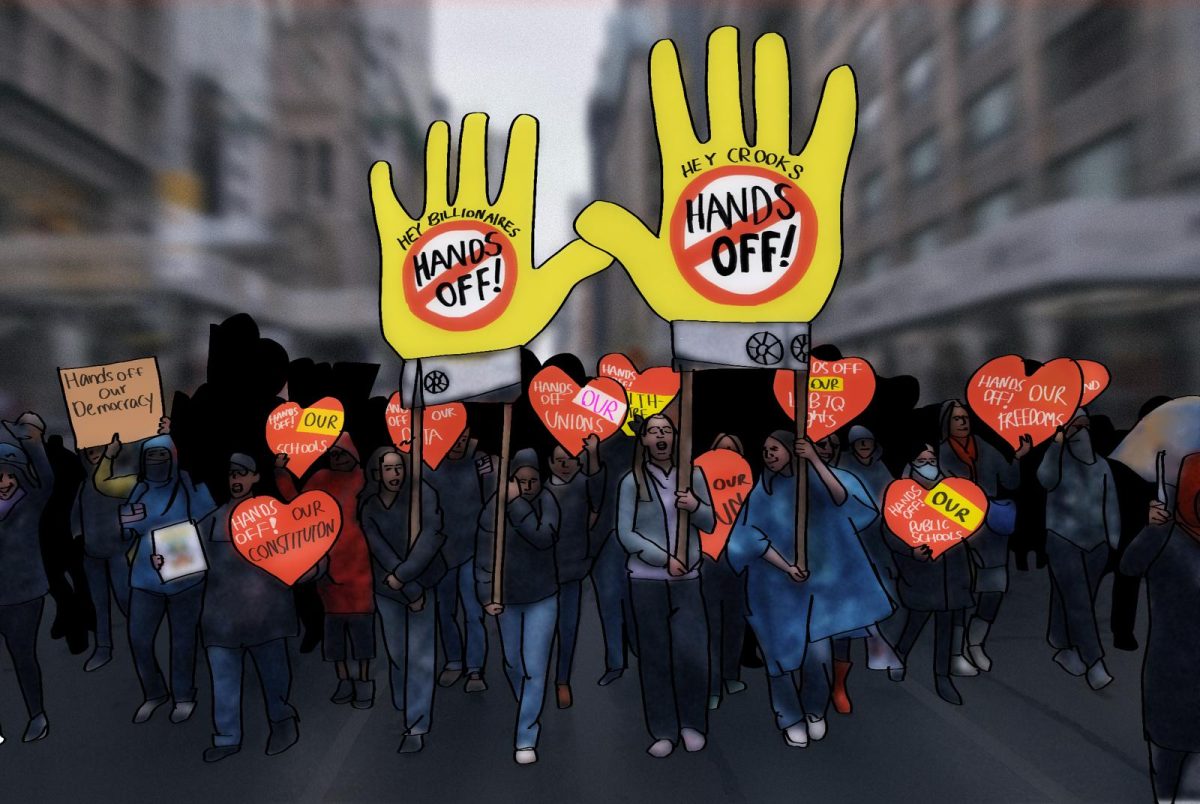Long NASA to the Moon
Nov 24, 2018
United States President Donald Trump has made it no secret that his administration has a great admiration for advanced levels of space technology, as best seen in the announcement of the “Space Force,” the new upcoming branch of the U.S. Military aimed at patrolling and controlling- you guessed it- space, the final frontier. This once called “final” frontier has now become just the next one in the past decades, with the space around Earth’s orbit being conquered from a frightening emptiness into a glorified storage space for the backbones of communication networks and scientific research. Now, with the release of NASA’s new promo video, titled “We Are NASA,” NASA seems to be gearing up for some time in the limelight, which they haven’t seen since the ’60s and the space race.
This well-received video appears to be the first public announcement of NASA’s new long-term plans to colonize the Moon and use it as a forward base for exploration of Mars, garnering over a million views on YouTube in just a few days. With all this positive attention now focused towards NASA, the question still remains: “Is this kind of space exploration worth it?” Short answer: Yes. Long answer: Yes. Every answer in between: Yes, yes, yes and yes.
“Space colonization has always been something people associate with the future, but the reality is that it’s already happening and people need to get used to it,” junior Alejandro Mejias said.
People all around the world, and even within the same country, state or city can have very different outlooks on life and society. Some people might look up at towering rockets and revel in their amazement, while others might choose to look back down at Earth and all our problems down here, like climate change and mass migration, hoping to think of ways to solve all these issues. This might sound cliche, but those people looking down aren’t thinking big enough. Is overpopulation an issue? Go live on the moon. Is climate change an issue? Climate only affects planets with an atmosphere. Don’t like the government? Go live on Mars.
Not only would the proposed exploration to solve population-based issues, the research done could be infinitely beneficial to the human race as a whole. Aging populations struggling with arthritis and other joint issues? The Moon has less gravity so it will not be a problem. Need a place to put criminals but Australia is looking a little too close? Stick them on Mars. Running out of natural resources? Mine is from an asteroid. The once seemingly impossible world of science fiction is edging closer and closer to reality, and people need to understand that and adapt to it.
Unfortunately, there will always be people unwilling to adapt, and more often than not, it is for monetary reasons, so let’s break down NASA’s funding. On June 12 of this year, the Senate approved a bill pertaining to NASA’s funding for 2019, totaling 21.3 billion dollars, with almost two billion of those dollars going towards funding for Earth science projects pertaining to issues like climate change and carbon control. For context, the budget of the U.S. military is 681 billion dollars, or more than 40 times larger than that of NASA. Plus, when compared to the total budget of the United States of over one trillion dollars, it barely makes up a full two percent of it, so to say that the money spent on NASA could be better allocated elsewhere shows a complete lack of understanding of government finance.
“There probably are other things the government could use the money on, but with all the things NASA’s doing on Earth, it makes sense for them to get so much money,” junior Ty Almeida said.
Of course, any other agency would benefit from being given 20 billion dollars, yet the federal government chose to give that money to NASA instead because it concluded that NASA would benefit the U.S. (and likely the human race) more than any other agency for that kind of funding. And for someone to go as far as to say that the people writing the budgets are corrupt and biased in their giving of money, they have to remember that the government agencies that are less popular among the majority party in the House or Senate still get funded (mostly); ICE got funded throughout Obama’s terms, and welfare will probably continue to get funded until the end of Trump’s term.











Cole • Feb 10, 2022 at 12:06 pm
Thanks for sharing this! All the best!
Feel free to visit: https://www.flyingmag.com/